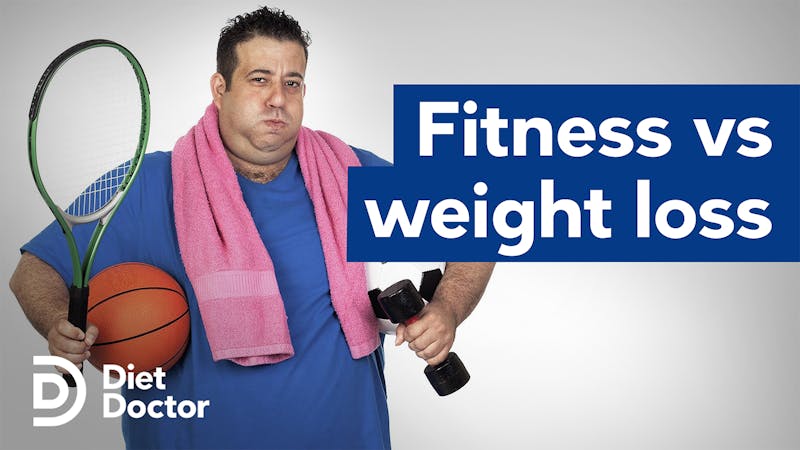Are Lucky Charms and Cheerios healthier than beef and eggs?
That’s the question a bewildered Dr. Bret Scher, Diet Doctor’s Medical Director, asks this week in the latest DD News video. This comes after researchers at Tufts University, in Boston, released a new, highly controversial system for ranking foods based on their nutrient contents.
In the new ranking, on a scale of 1 to 100, Cheerios earned a “healthfulness” score of 95 and Lucky Charms 60; while a fried egg was 29, cheddar cheese 28, and ground beef just 26.
“The idea was to provide an objective, bias-free, clear, profiling system of healthy and unhealthy foods. Boy, did they miss the boat,” said Dr. Scher in the new video.
Dr. Scher notes the researchers created the new rating system because they felt other nutrient profiling systems (NPS) did not do a good enough job advising people what to eat “and they wanted to create a better one.”
But Dr. Scher notes the results are “misleading, misrepresenting and clearly biased.”
Led by Dr. Dariush Mozaffarian, the Dean of the Friedman School of Nutrition Science and Policy, the Tufts researchers spent three years developing the new NPS. These ranking systems are used, they note, to “supply the science for local and national policies such as package labeling, taxation, warning labels and restrictions on marketing to children.”
Called “Food Compass,” the new ranking system uses 54 different nutrient characteristics such as vitamins, minerals, fiber, protein, lipids, phytochemicals etc. to score the “healthfulness” of specific foods, beverages, and mixed meals. They applied this ranking to 8032 common foods and beverages consumed by average Americans. The end result is a numbered ranking on a scale of 1 (worst) to 100 (best).
They published the results in Nature Foods in the second week of October, 2021. Additionally, the university released a press release about the results and created a website that lists all the scores in detail.
Nature Food 2021: Food Compass is a nutrient profiling system using expanded characteristics for assessing healthfulness of foods
Tufts University press release: Ranking healthfulness of foods from first to worst
Tuft’s Food Compass site A novel nutrient profiling system that assesses the healthfulness of foods
In the press release, Mozaffarian is quoted as saying: “The public is pretty confused about how to identify healthier choices in the grocery store, cafeteria, and restaurant… Consumers, policymakers, and even industry are looking for simple tools to guide everyone toward healthier choices.”
But Dr. Scher notes that the researchers had a clear bias against animal-based foods and discounted the importance of protein.
“When you’re talking about the beneficial positive aspects of food you HAVE to incorporate protein…. protein is the most important macronutrient that we can get that we can’t live without!” Dr. Scher says. “Yet protein-containing foods are knocked down for sugar-containing protein-absent foods, which really seems like an imbalance. And even more, a peanut butter and jelly sandwich on white bread gets a 35 — still higher than naturally occurring animal products. So I think it’s clear there is a definite anti-animal food bias here.”
The research paper, and the Food Compass system, received a flurry of negative tweets from leading nutrition commentators. Investigative journalist Nina Teicholz tweeted: “Please tell us how it makes sense to advise sugary/starchy foods nearly devoid of nutrients above natural, nutrient-dense whole foods? “
Global food system researcher Ty Beals, based in Washington DC, tweeted that he had a lot of respect for Mozaffarian and his work “And I was looking forward to seeing this new profiling system. But I was surprised and disappointed with this work.”
Watch Dr. Scher’s video and check out the links to understand more about the furor over this new ranking system.
Each week, Dr. Scher takes a scientific study in the fields of nutrition, exercise, health, or disease and carefully analyses the researchers’ methods and findings. In doing so, he helps you better understand how to judge the quality of various research papers and make informed decisions about your own health and wellness.
You can find more of Dr. Scher’s weekly news videos on the DD News Youtube channel. Subscribe to the feed so that you don’t miss any of his videos.


